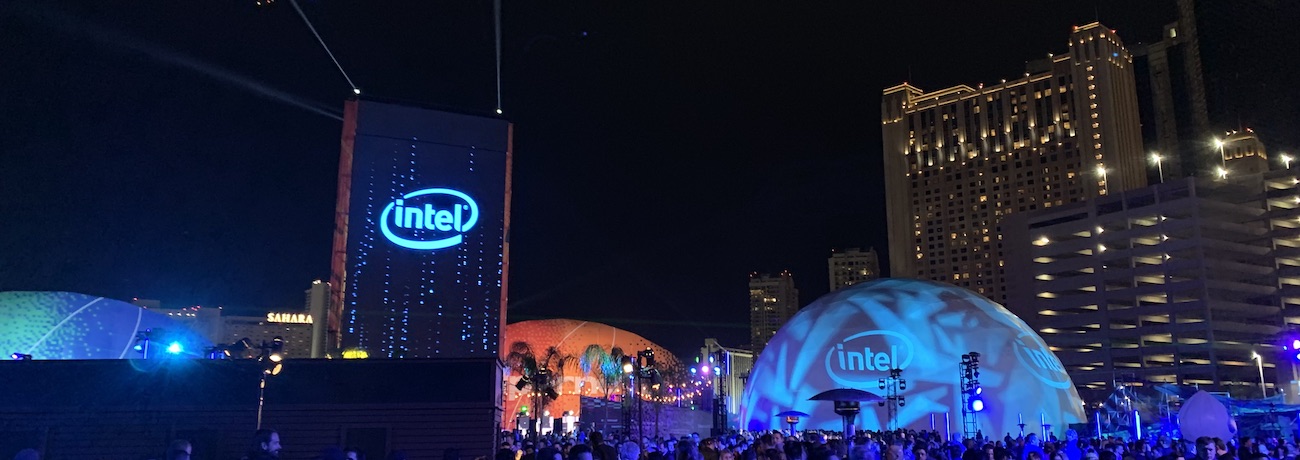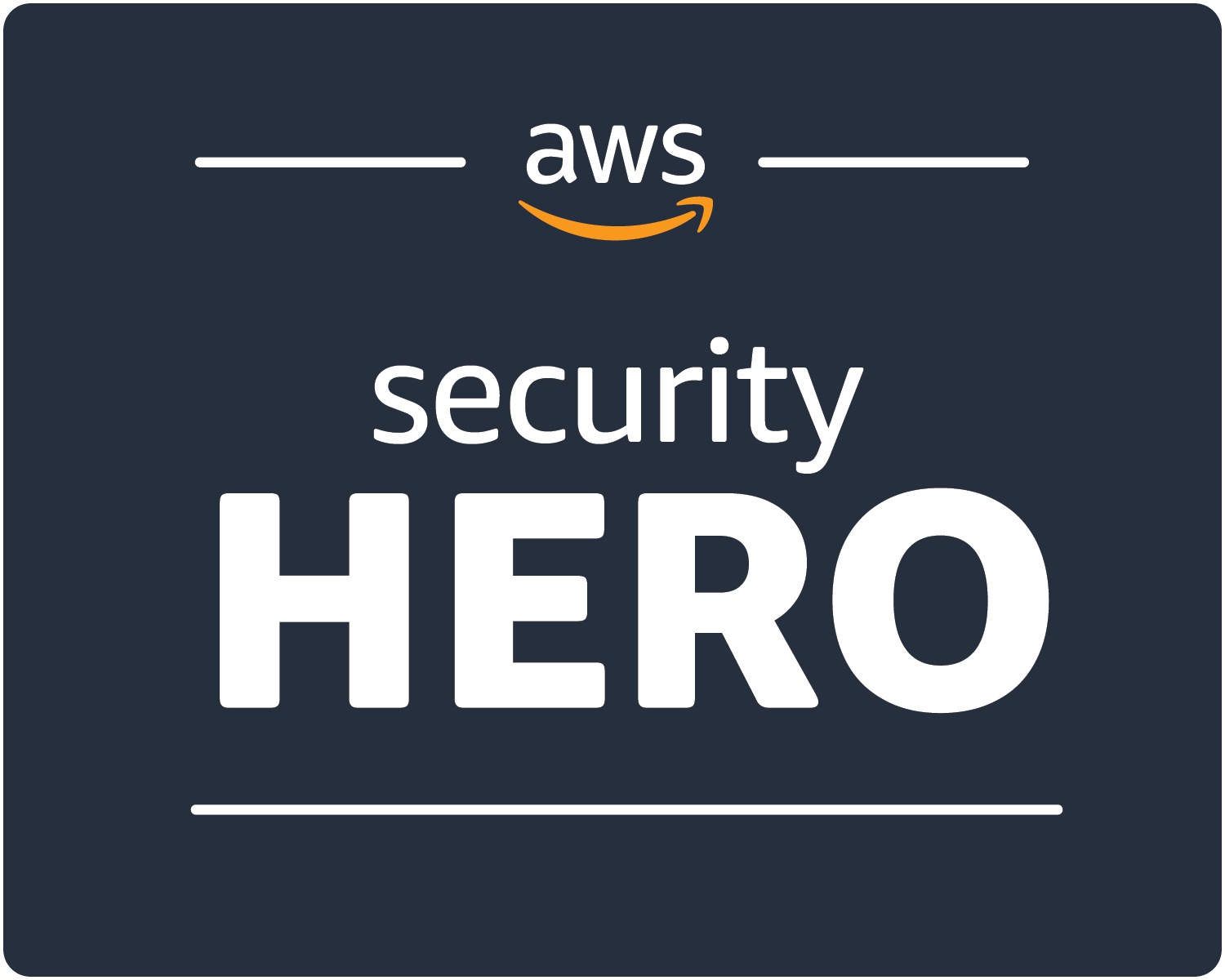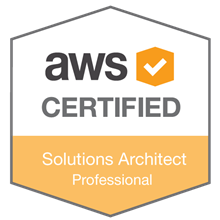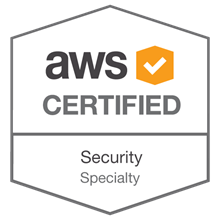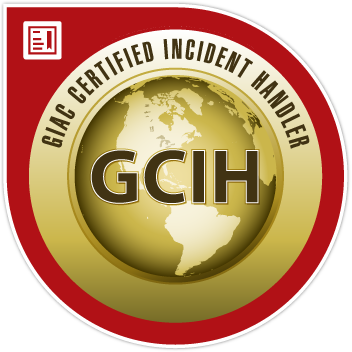The Southeast Collegiate Cyber Defense Competition is an annual competition where eight teams from various colleges have to defend their systems from Red Team attacks while also executing on management-type business challenges.
This is my second year helping Kennesaw State University run the SECCDC in AWS. This year we not only ran the Regional competition on-site at KSU, but we also hosted 26 teams for the preliminary round. In previous years the scenario was HALCORP, a fictional company that did nothing but generate compliance paperwork.




